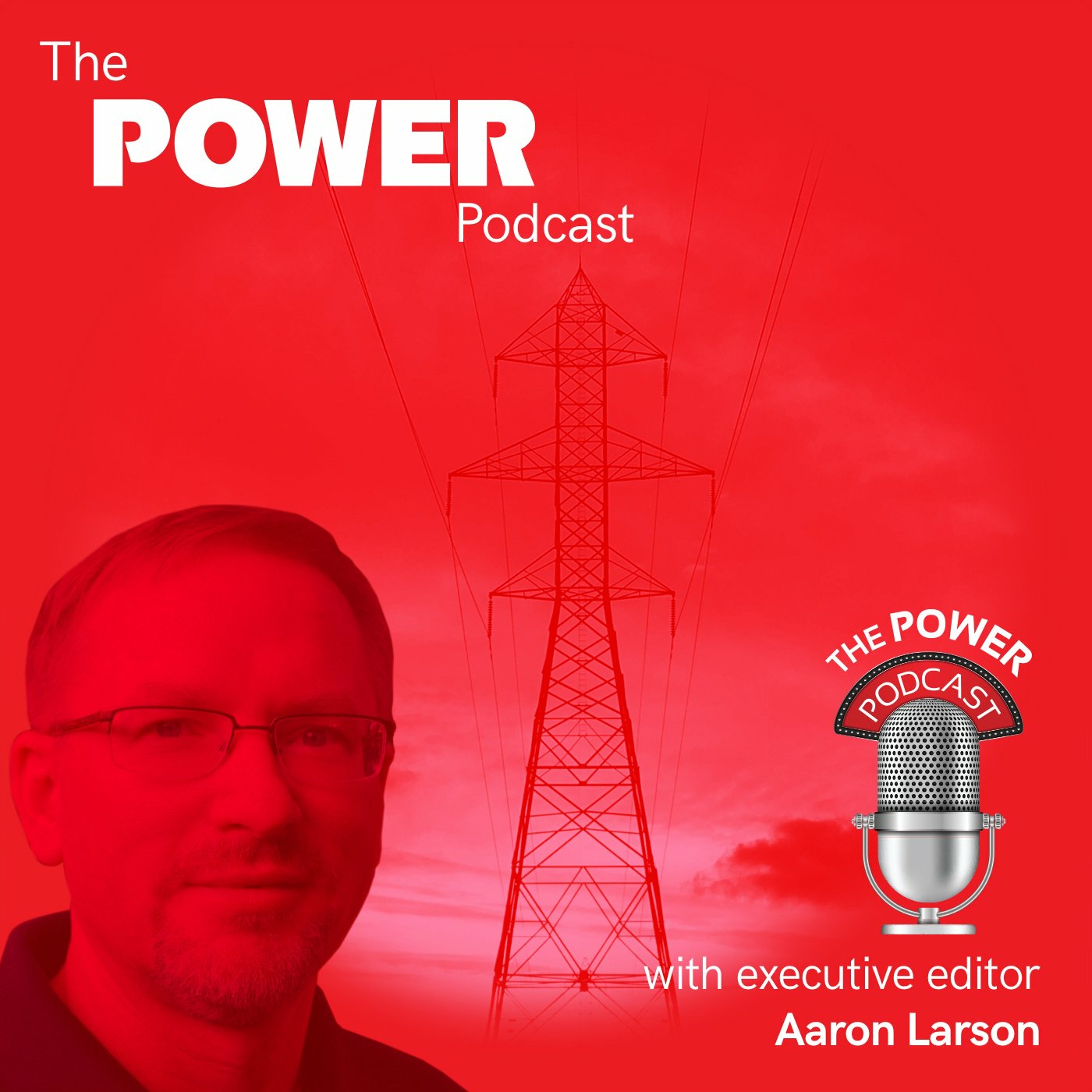
46. Recruiting the New Power Workforce - Robin Schawe
The POWER Podcast
Shownotes Transcript
Recruiting the New Power Workforce. It’s a time of great transition in the power industry. Not only are generation resources changing, but so are the work skills needed to operate and maintain those resources. Meanwhile, a large number of workers are reaching retirement age, leaving open positions that had long been filled by highly experienced staff. And the talent pool to fill those positions is not as large as many employers would like. Robin Schawe, vice president and global workforce solutions leader with Kelly Services, discussed some of the challenges as a guest on The POWER Podcast. She offered insight into some of the trends Kelly Services is seeing in the power industry. “Our research shows that up to 30% of the overall industry will be ready to retire within the next 10 years, with 10% being ready to retire now, 11% within the next one to five years, and 10% over the next six to 10 years,” she said. “While these retireants mount, the industry grows younger—22% of utility industry workers are below the age of 34. The concern becomes making sure there are no skills gaps, and we’re seeing a lot of effort in this space.” Schawe suggested transition planning and knowledge transfer is key. Still, filling technical positions can be particularly difficult. “The number of graduating engineers is on the decline and recruiting new workers with the right skillsets for those jobs is becoming more and more difficult each and every year,” Schawe said. However, leading companies are doing innovative things to attract the right people. “What we’re seeing is that power generation companies are starting to engage with those pools of talent very early in a new and exciting way,” she said. “One utility I know does outreach as early as middle school, educating children on what a utility does and the different types of careers available. I see high schools with some amazing apprenticeship programs. For example, my local high school has a four-year welding program. I also see a lot of power generation utility organizations making very strategic commitments and investments into hiring veterans. It’s an exceptional source of talent.”